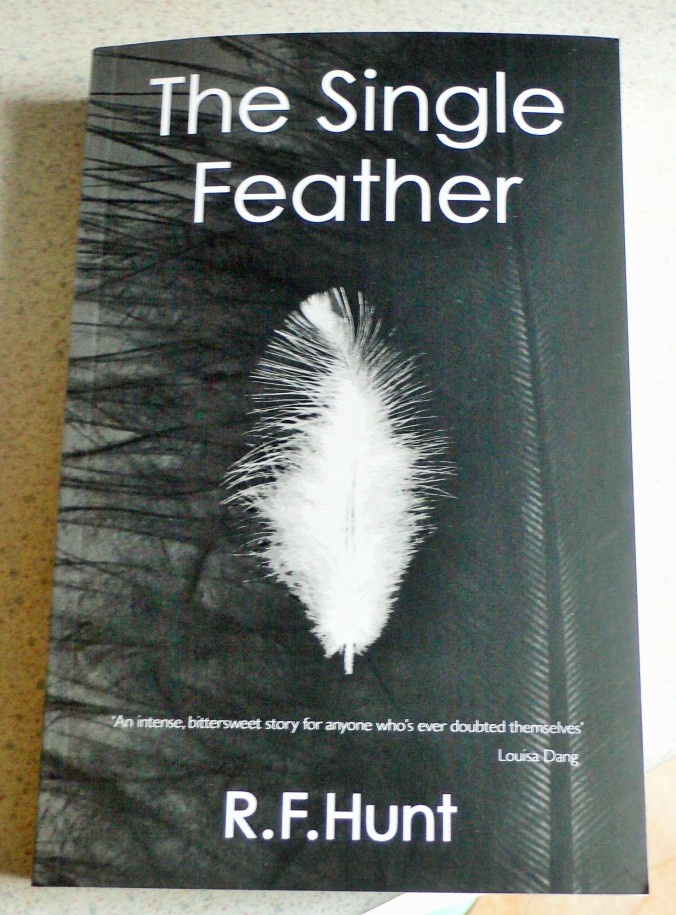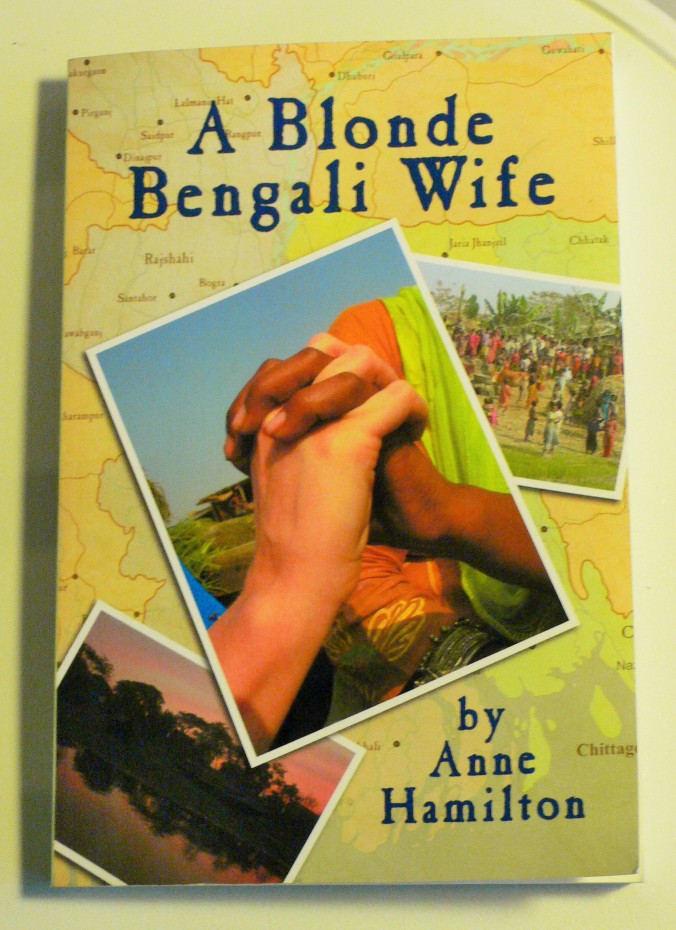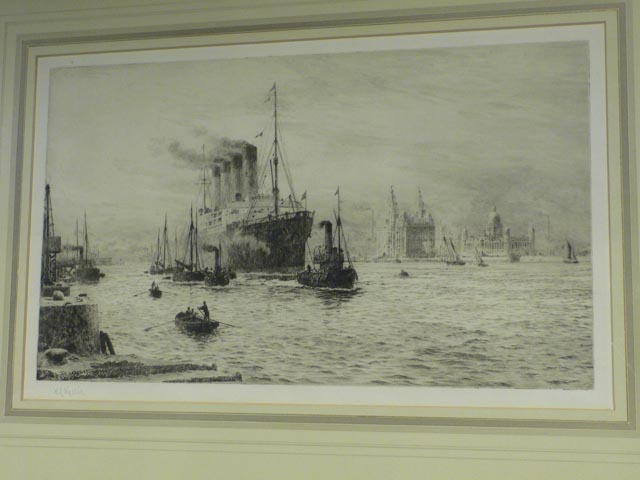Today we have Katrina Hart here with us to discuss her newly released eBook, Finding Destiny, available now from Pilrig Press http://www.pilrigpress.co.uk/books.html and on Amazon.
What motivated you to begin writing creatively?
I’ve always loved writing in diaries and found writing a great release. However, for me, writing really hit me one summer a few years ago. I was sitting looking out of my window thinking about writing, amongst other things. I just knew I wanted to start writing in a different way. So, I think my writing really came alive when I took a writing course online and had a great tutor who helped me focus on bringing out the stories that are in my mind.
How did Finding Destiny come about?
Finding Destiny started as a short story for one of my creative writing assignments. I’m honestly not sure exactly where the story came from. I just started writing and discovered all these people and their world, and from there, their journey grew.
Which character do you feel most strongly about, and why?
Wow that’s a very hard one because every single character has a special place in my heart for different reasons. But I think Miss Talk A Lot (Lotty) is a character I feel strongly about, because she has some hard times and changes a lot but deep down she just wants to belong. Also, she has a scary side that endeared me to her character.
If you had to describe the theme of your novel, what would that be?
My novel is about the journey of Alex and how he has to face the past to try and save the future for the people he loves.
What obstacles, if any, did you encounter when writing your novel?
Writing is full of obstacles. For me, I think it was getting my story out of my head and then making it just the way I wanted it. But I also think that was the fun part too, learning how to turn my writing–which sometimes only I could read–into the story I was following in my mind.
What was your greatest joy when crafting your story?
The greatest joy was getting to know all of my characters and following their stories right to the end. Also, getting to know other writers, like yourself, while writing my novel really meant a lot to me.
Once your story was down on paper, did you do a lot of rewriting? Could you talk us through this process?
Once my novel was on paper I started reading it over and making notes for changes, rewriting etc. Then I set about putting the changes in until I was happy I had it the best I could get it. Also, I got some great feedback from people, and my tutor who I got to know on my course, and that helped a lot too. Then it went off to an editor who helped me polish it to the best it can be.
Once you finished writing your novel, how did you go about finding a publisher?
Once I had finished my novel I got the Writers’ and Artists’ Yearbook and started looking in there, but how I found the publisher who is publishing my eBook was through the person who edited my novel
Do you have any future novels in the works?
I do have other novels written/in the middle of being written that I’m still tweaking and working on…
Thank you Katrina for the interview and a big congratulations on the publication of Finding Destiny, available now from Pilrig Press http://www.pilrigpress.co.uk/books.html and Katrina’s blog: https://katrinamarie25.wordpress.com/
Until next time!

















